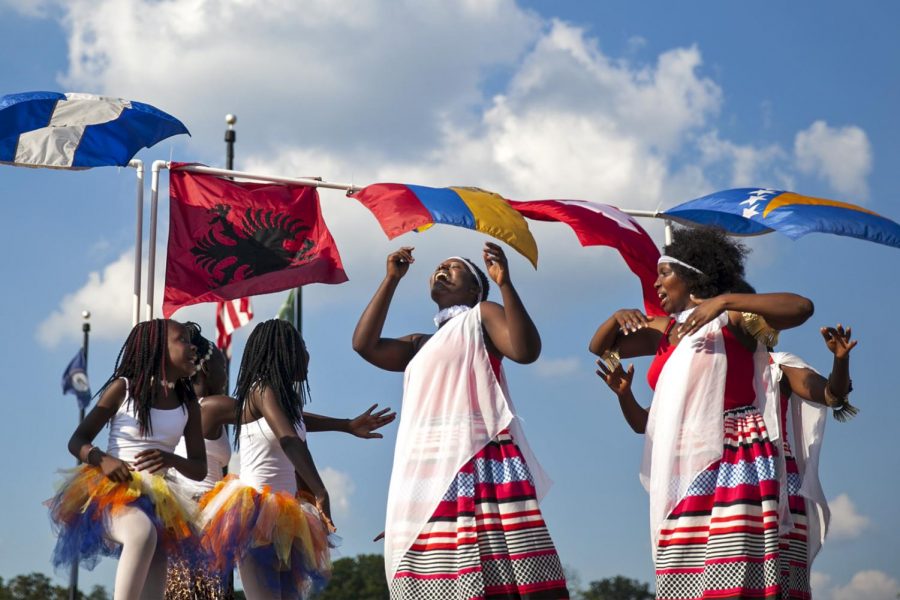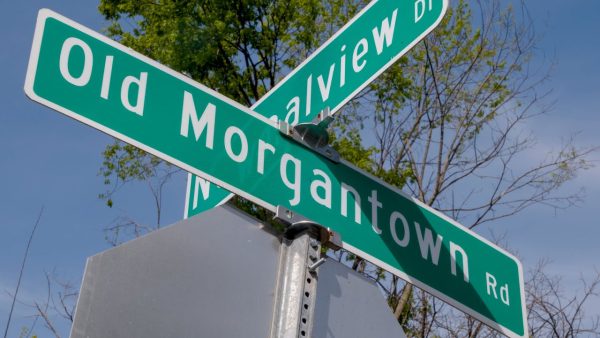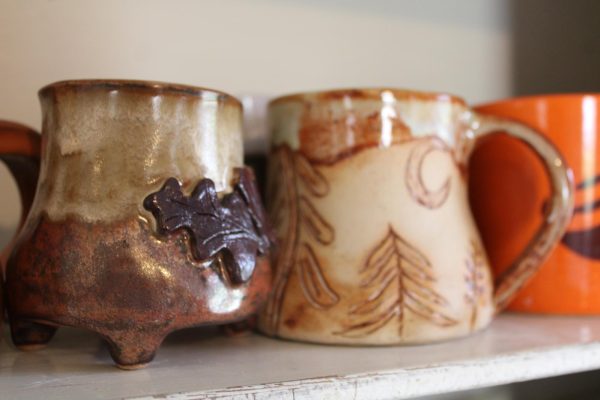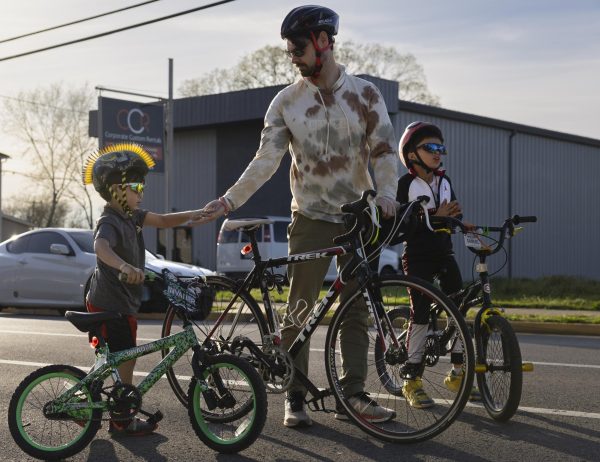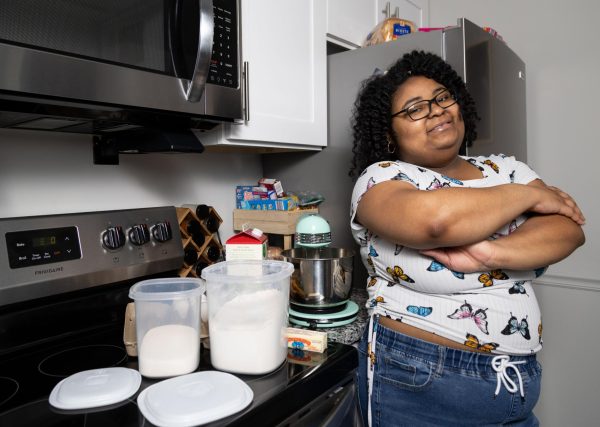Immigrants share stories of finding refuge
September 26, 2016
Life covered every foot of Circus Square Park Saturday during the 27th annual Bowling Green International Festival. Food, booming music and tents bursting with intricate fabrics filled the square as crowds of people teemed along the streets, pulsating with the beat of the music.
A sign with bold font reading, “Burma Zomi People” hung over three connecting maroon tents where Malaysian and Burmese refugees of the Zomi community sat on the ground laughing, talking and playing games.
The Zomi community is a people group within the Chin State of Burma; “zo” meaning hill or highland and “mi” meaning people.
Kam Lian Thang, president of the Zomi Community of Kentucky, came to Bowling Green in 2009 as a refugee from Malaysia. Thang said after being resettled in Bowling Green, he has found it important to unite the Zomi people of the area.
“We have a mission for the second generation to know and understand the culture, no matter what age,” he said. “We want to be a community of people that will unite and be there for one another, to help one another.”
Khawl San Nuam, a 17-year-old refugee from the Chin State of Burma and part of the Zomi community, explained that the Chin people have been one of the most persecuted people groups of Burma during one of their longest lasting civil wars in history, causing millions of people from Burma, Malaysia and Bangladesh to seek refuge from governmental and military oppression.
Nuam stood by the Zomi community’s tent at the festival Saturday, smiling and talking with passersby.
While still living in Burma, Nuam and her family of seven were immensely effected by the war, economically and educationally.
“School wasn’t free and it was really hard on my family,” Nuam said. “My parents said to my brothers, sisters and I that if we stayed in Chin State, in our country, we would no longer be able to go to school because they didn’t have the money.”
Coming to the United States was a huge transition, Nuam said.
“We had to restart in a new country, and the only thing I knew how to say in English when I got here was ‘how are you’ and ‘what’s your name,’” she said. “It was so hard, but I have learned so much.”
In addition to adjusting to the new language and culture, Nuam’s family faced other challenges after relocating to Bowling Green.
“My mom was diagnosed with bladder cancer when she was pregnant with me, and later on she also suffered from asthma,” Nuam said. She said her entire family thought her mother wasn’t going to make it, and she didn’t have access to proper health care.
Her condition worsened after the move, Nuam said.
“She couldn’t use the restroom and she couldn’t even walk, so it was a really rough time for us,” Nuam said. “After we got here, we went to the doctor for a checkup and saw it was her bladder cancer that was making her sick. So, she had surgery to remove it.”
Now, five years later, Nuam said her mother’s health has improved greatly, and Nuam is completing her senior year at Bowling Green High School. Inspired by her family’s experience, she plans to attend WKU and become a doctor.
“I just want to say that I am thankful for this community and town, for people who are so welcoming and kind,” Nuam said.
Reporter Megan Cole can be reached at 270-745-2655 and [email protected].

